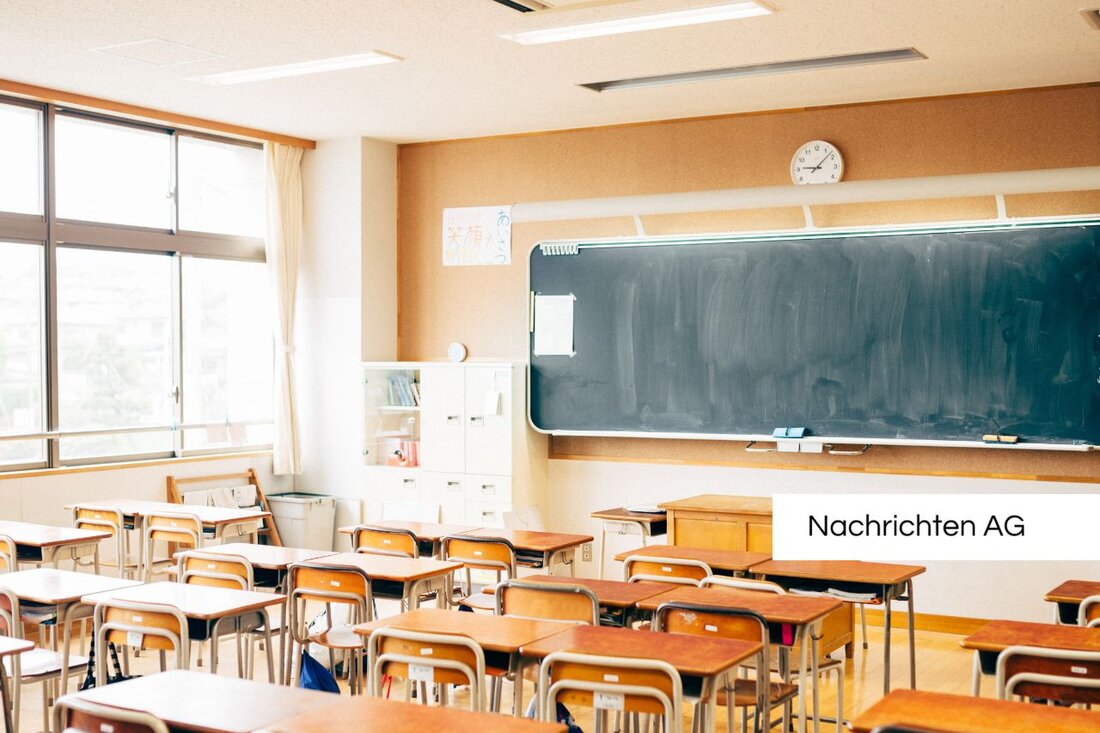Democracy education: Key topic in the teacher training discussion in Heidelberg
On April 10, 2025, an educational policy discussion on democracy education took place at the PH Heidelberg, led by experts from education and politics.

Democracy education: Key topic in the teacher training discussion in Heidelberg
On April 10, 2025 took place at the Heidelberg University of Education the 3rd Heidelberg Education Policy Discussion (HbG) took place. The event was entitled “School in the area of tension between party-political neutrality and attitude”. The aim was to discuss the importance of democracy education, with participants from education, politics and society having their say. In his opening keynote, Stephan J. Kramer, President of the Thuringian Office for the Protection of the Constitution, pointed out the need for teachers to take a clear stance against anti-democratic currents without losing their party-political neutrality.
Kramer emphasized that education also includes political education, which is essential for students. This was followed by a panel discussion moderated by science journalist Armin Himmelrath. Among the discussants were Sabine Barth, Dr. Havva Engin, Robert Feil and Dr. Christian Mühleis. There was agreement that democracy education plays a particularly central role today and that teachers are crucial for conveying values. Rector Professor Dr. Karin Vach emphasized the university's responsibility in qualifying future teachers and emphasized the relevance of such educational policy discussions.
Democracy education as a task for society as a whole
How Quality offensive for teacher training describes, democracy education is a task of all schools and not just of political classes. It applies to all types of schools, from primary schools to vocational schools. The state constitutions call for the education of young people in the spirit of freedom and democracy, and the state school law enshrines the clear mandate to educate democracy.
The Conference of Ministers of Education and Cultural Affairs has formulated three approaches to democracy education in schools: democracy education in political lessons, democracy education as an interdisciplinary teaching principle and democracy education as a school principle. These approaches promote an open teaching climate and social values such as tolerance, while at the same time supporting student participation in decision-making and social learning processes.
The challenges of democracy education
The concept of University of Trier illustrates that democracy education is increasingly becoming a socio-political and educational challenge. Aspects such as the increase in anti-Semitic actions and crimes, the uncertainty caused by the corona pandemic and the spread of fake news and conspiracy narratives are some of the challenges that teachers are faced with.
The project “ADiLA – Active for Democracy Education in Teaching,” which started on March 1, 2023 and is funded by the Federal Ministry for Family, Senior Citizens, Women and Youth, aims to strengthen democracy education as a cross-sectional task in teacher training at the University of Trier. The University of Education in Heidelberg is also planning a specialist day on democracy education on May 16th. The aim here is to give new impetus to teacher training in order to give future teachers the tools they need to implement democracy education.
In this context, the module “Basic Questions in Education” and the additional qualification “Education for Democracy” are also important. Students will also have the opportunity to become active and further their education at the festival against racism in May. Public lectures under the title “Dare to be more democratic” are also planned for July 2025.

 Suche
Suche
 Mein Konto
Mein Konto